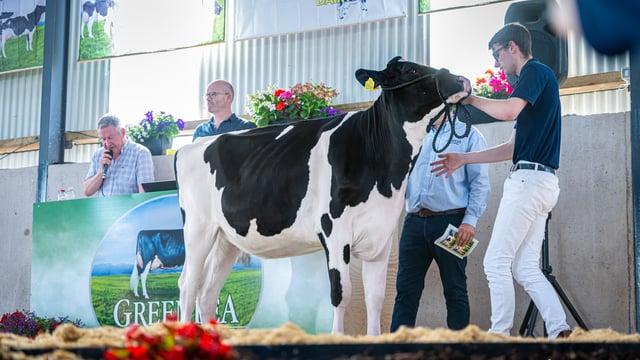Climate council: Incentives needed to increase tree planting
The Climate Change Advisory Council (CCAC) has said that urgent action and strengthened policy levers are required to incentivise increased tree planting to ensure Ireland’s forestry sector does not become a source of greenhouse gas (GHG) emissions.
The council has today (Wednesday, July 16) published its Annual Review of the Agriculture and Land Use, Land Use Change and Forestry (LULUCF) sector.
It said that the current afforestation policy is inadequate to meet our future needs as tree planting rates remain well below the target of 8,000ha per year.
The council has also highlighted a range of areas that it said must be addressed to reduce GHGs from the agriculture sector.
These recommendations include the deployment of methane-reducing manure additives, and greater use of protected urea fertilisers.
CCAC critical of schemes
Increasing diversification in the sector is also critical, according to the CCAC, particularly in relation to the National Biomethane Strategy, which the council has described as "piecemeal and lacking joined-up thinking".
Commenting on the need for improved performance from the forestry sector, chair of the CCAC, Marie Donnelly said: “What we have seen in the sector is a failure of policy, with schemes to incentivise more planting not delivering the results required.
"This has been exacerbated by the damage to forests during the winter with Storms Darragh and Éowyn which resulted in over 26,000ha damaged by windthrow.
“We need a policy from government that will actively encourage afforestation in the areas most suited to planting.
"The council is concerned about plans to plant on deep peatlands, with all evidence suggesting that this leads to significant carbon losses over time," Donnelly added.
She has called for the current constraints on afforestation on deep peat to remain unchanged and be "rigorously" enforced.
The CCAC has also highlighted what it sees as an opportunity for the forestry sector to deliver modern methods of construction with the expansion of timber frame construction providing the potential for a strong domestic market for locally produced timber.
With emissions from the agriculture sector having decreased by 1.7% in 2024 relative to 2023 and by 4.6% relative to 2018, the council has said that accelerated rollout of proven on-farm measures such as methane-reducing manure additives and protected urea fertilisers will be key to reducing emissions.
“It is essential that the farming community take action to accelerate the rollout of proven measures on farms that can reduce emissions," Donnelly continued.
"This includes the deployment of methane-reducing manure additives and the replacement of CAN [calcium ammonium nitrate] fertilisers with protected urea as soon as possible.
"Government too must play its part and use all available instruments including taxation, regulation and incentives to ensure that farmers are supported to make the necessary changes to on-farm practices.”
The CCAC has said that diversification is vital for the long-term sustainability of the sector.
It said that the government should set annual targets for the rollout of diversification options including bioenergy, organic productions systems, expanded tillage, and agroforestry, with policies to support this.






